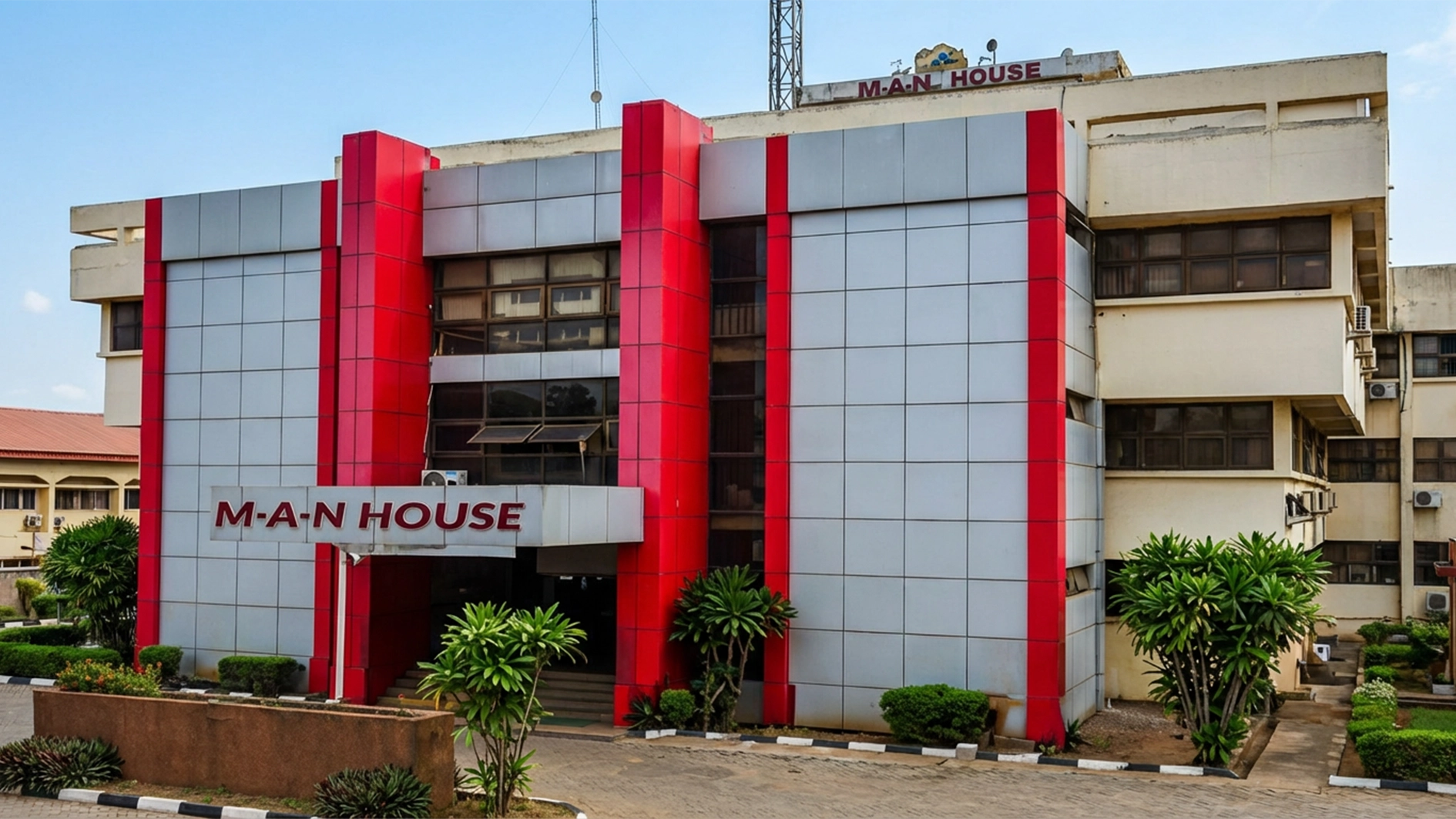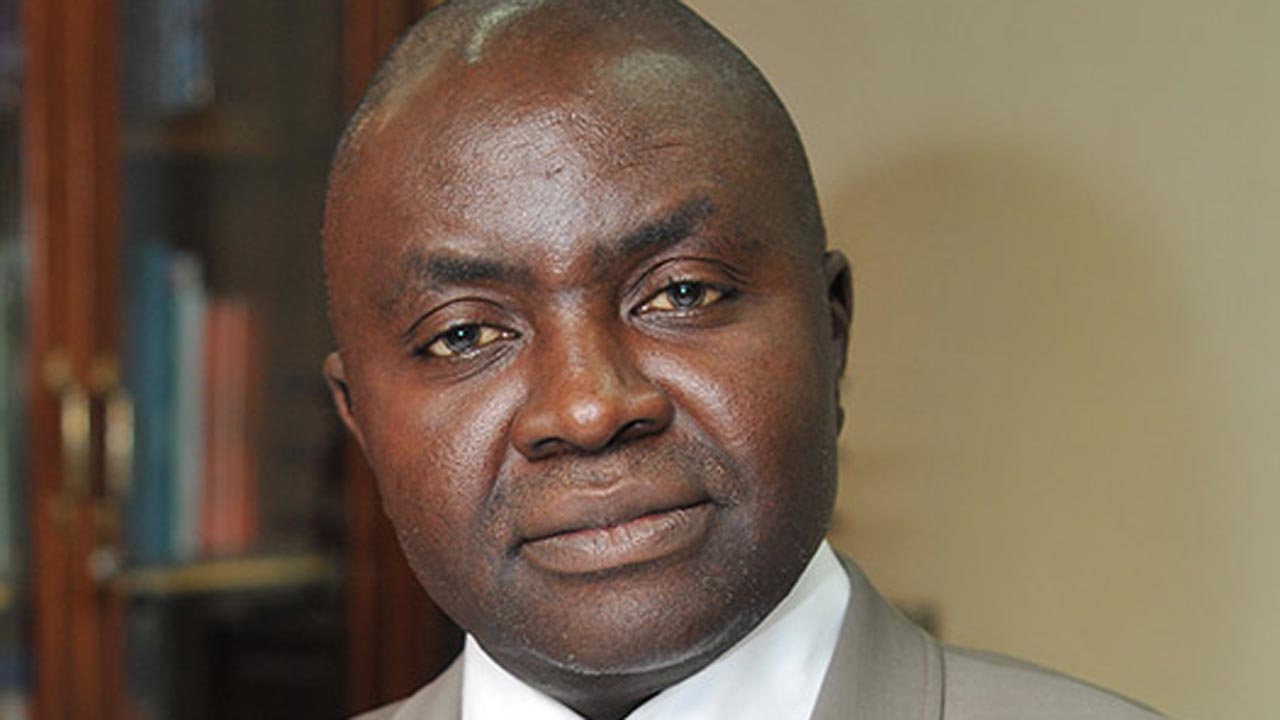
Data from the Manufacturers Association of Nigeria (MAN) has suggested that the challenges facing the manufacturers may not be abating anytime soon.
The data found that all manufacturing indices have continued to deteriorate due to the persistent macroeconomic headwinds.
In the association’s third quarter report for the year, it revealed that all current indices recorded a decline and stood below the 50-point standard due to the prevailing harsh operating environment occasioned by high energy prices, exorbitant exchange rates, soaring interest rates, persistent inflation, and unstable fuel supply.
“A cursory observation also shows that all indices projected for the fourth quarter are in decline as well. The most affected sectors include Domestic/Industrial Plastic and Rubber (48), Food Beverage and Tobacco (47.5), Motor Vehicle and Miscellaneous Assembly (44), Textile, Apparel, and Footwear (44), Wood, and Wood Products (48). The confidence levels of operators within these sectoral groups were heavily dampened by inflationary pressure, increased imported products, low government patronage, and high cost of raw materials,” it said.
However, the report was not oblivious to the happenings within the global economic space. It noted that the global economy is experiencing a slowdown, driven by ongoing geopolitical tensions, rising inflation, and monetary policy tightening; Nigeria’s macroeconomic headwinds persist while economies such as China and India are turning the corner.
According to the Director-General, MAN, Segun Ajayi-Kadir, government reforms from last year have ignited a macroeconomic crisis with inflation, unemployment, poverty, and hunger rising at alarming rates.
Adding that the reforms are bereft of proper planning and policy coordination, as evidenced by the negative ripple effects on the populace, especially the vulnerable individuals as well as Small and Medium Industries (SMIs), he said fuel subsidy removal and exchange rate liberalisation have resulted in a high cost of borrowing, an exorbitant exchange rate, and escalated energy prices that have taken a heavy toll on households and businesses, especially manufacturers who are worst hit.
Ajayi-Kadiri added: “At the heart of the economic turmoil are obvious contradictions in monetary and fiscal policies that have rather compounded the prevailing structural challenges. The prolonged macroeconomic headwinds, despite numerous CBN interventions, are clear indications that excessive adoption of monetary policies is not sufficient to tackle the inherent challenges, as they only provide limited temporary succour without addressing the issues of high energy prices, infrastructure deficits, insecurity, low industrial productivity, and limited export diversification.”
He urged policymakers to expediently pause interest rate hikes to allow for an impact assessment, honour the unsettled $2.4 billion FX forward contract to further increase market confidence and FDI and fast-track the passage and implementation of the four tax reform bills aimed at restructuring and streamlining tax processes.
“This year, the CBN has hiked the benchmark interest rate six consecutive times; yet, inflation remains elevated. Ignited by a further rise in PMS price, headline inflation has resumed its upward trajectory, constraining GDP growth. Despite FX reforms and rising trade surpluses, FX inflow has dropped by 60.7 per cent in the last year from $40.46 billion to $24.55 billion. Exchange rate unification has led to a consistent decline in FX outflow from $21.93B to $7.37B. As a result, the FX netflow has risen to $17.18 billion but $1.34B less than its value in Q2 2023. Though trade surplus has surged from N13 billion to 6.95 trillion due to exchange rate depreciation, the consistent decline in global oil price since Q3 2023 portends a negative impact on FX earnings as the economy remains heavily dependent on oil export,” he said.
Lamenting mounting debt pressures that constrain the government’s fiscal operations, he stated that domestic and external debt profiles have consistently surged due to rising interest and exchange rates.
According to MAN DG, total debt stock has escalated from N87.38 trillion to N134.3 trillion in the last year without significant local patronage of capital goods for infrastructure development and robust economic growth.
He explained: “Despite exchange rate unification, the Naira depreciated between Q3 2023 and November 20, 2024, by over 54 per cent and 56 per cent respectively in the official and parallel markets. Average prices of PMS and diesel have respectively surged by 89.2 per cent and 61.8 per cent between Q3 2023 and October 2024. Insecurity, poor storage facilities, and high transport costs have caused food inflation to resume its upward trajectory to 39.16 per cent in October 2024.”
Revealing that though the manufacturing sector remains the leading contributor to the industrial sector, its overall contribution to GDP declined year-on-year and quarter-on-quarter from 8.42 per cent in Q3 2023 and 8.46 per cent in Q2 2024 to 8.21 per cent in Q3 2024 underscored the harsh effect of hostile economic policies.
“The devaluation of the Naira highly contributed to the consistent increase in the value of manufactured exports. The sporadic rise in the cost of imported raw materials has limited the competitiveness of Nigerian manufacturing exporters. This is evidenced by the significant decline in the share of manufacturing exports in non-oil exports from 30.24 per cent in Q2 2023 to 15.11 per cent in Q1 2024. The share of manufactured export in total export also dropped from 3.3 per cent in Q2 2023 to 1.4 per cent in Q1 2024,” he said.
Urging policymakers to tackle the root causes of the economic quagmire rather than address symptoms, he said fiscal authorities must collaborate with their monetary counterparts to expedite the much-needed structural reforms in a highly coordinated approach.
His words: “The achievement of double-digit growth and a friendly macroeconomic environment will require a shift in policy focus. Monetary policy must be supported by a robust fiscal framework and comprehensive structural reforms.”
The MAN Scribe urged the government to halt the rising interest rate hikes, review the electricity tariff hike, and improve electricity access by introducing an outage compensation mechanism.
“Extend the presidential order suspending import duty and VAT on essential food items and pharmaceutical supplies to other manufacturing sectors, fix the exchange rate at N1,000/1$, and categorise manufacturers as strategic users of gas to remove the gap between what manufacturers and electricity generation companies pay per cubic foot of gas,” he said.






